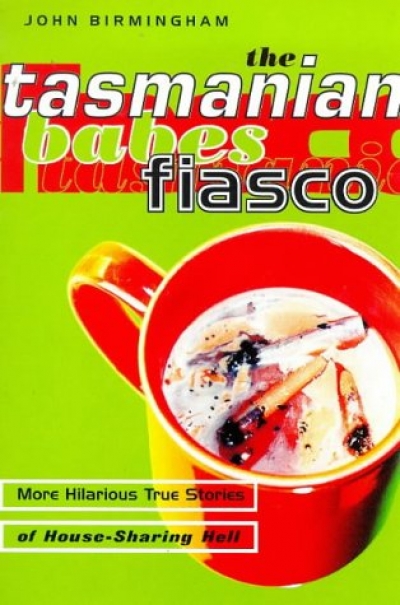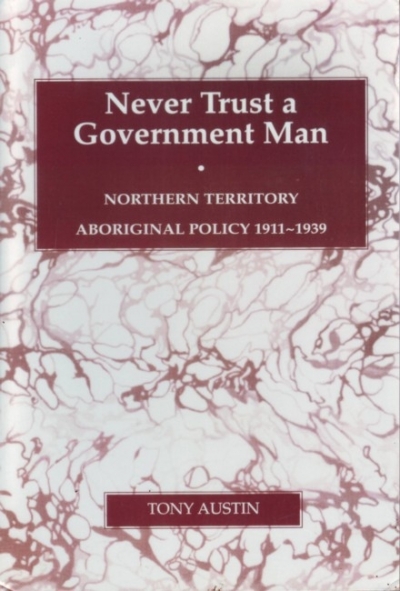Archive
To Constitute a Nation: A cultural history of Australia’s constitution by Helen Irving
John Docker
Mark Davis’ Voltairean Gangland is one of those rare books that prise open a space for revaluation of the direction of a culture. Like The Dunciad’s evocation of the Grub Street hacks of its time, Gangland exposes tentacular networks of chummy patronage, mutual puffery, and cultural power. Gangland is especially enjoyable on the clown-like behaviour of the ex-Scripsi diaspora – in a curious sexual division of labour, a B-team of male critics, captained by the felicitously named P. Craven, has successfully promoted a coterie of writers like Jolley, Garner, and Modjeska. Compared to those I analyse in Australian Cultural Elites (1974) and In A Critical Condition (1984), this new élite is the most intellectually thin in Australian cultural history. Assisted by a passive, grovelling middle-class readership, it both creates such writers as canonical and then tries desperately to shield their texts from critique and challenge.
... (read more)If we look back into past times, we find innumerable names of authors once in high reputation, read perhaps by the beautiful, quoted by the witty, and commented upon by the grave; but of whom we now know only that they once existed.
Samuel Johnson
Sometimes the situation in Australia, with respect to writers, resembles that in early eighteenth-century England.
... (read more)The introduction to this collection(Horns of Dilemma, Papyrus Publishing, $14.95 pb, 108 pp), and the poems themselves, make it clear that Helene Brophy is a woman of much compassion and experience in the humane realms of feminism, teaching and social work, as well as in the more personal spheres of serious injury, illness and death.
... (read more)Never Trust a Government Man by Tony Austin & The Way We Civilise by Rosalind Kidd
Secrets by Drusilla Modjeska, Amanda Lohrey and Robert Dessaix
The Australian literary scene has always been more depressing that it is lively, especially when critics and writers are quick to display their battle scars in public places where oftentimes the debate hardly rises above fawning or fighting. The walking wounded are encouraged to endure. This is about the only encouragement extant. I remember the Simpson episode, not O.J. but Bart, who arrived in Australia for a kick up the bum. Perhaps the emulation of Britain has reached such an unconscious proportion that no ground can be explored beyond the grid bounded by Grub Street and Fleet Street, where youngsters need to be caned for reasons more prurient than wise, and where small ponds become the breeding pools for goldfish pretending to be piranhas dishing up more of the same stew. Thus, British writing, apart from its internationalists, hath come to this sad pass. Or where, given the brashness of being itself a young nation unused to finesse, Australia’s grand ideals end up as populist opinion – a talkback republic of letters irrelevant to its real enemies.
... (read more)






